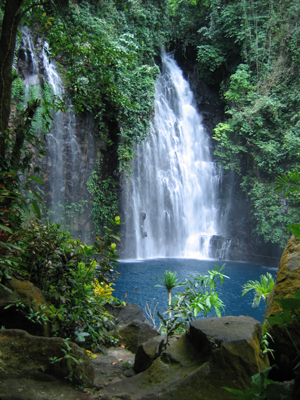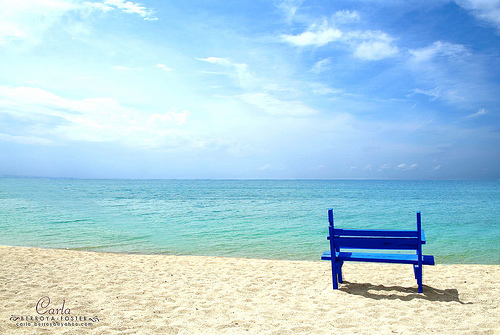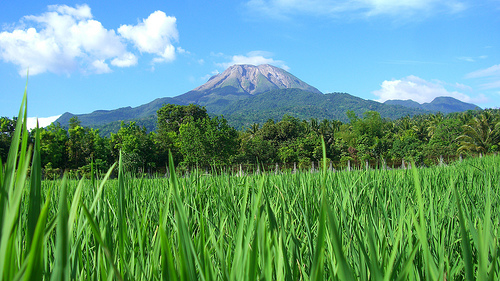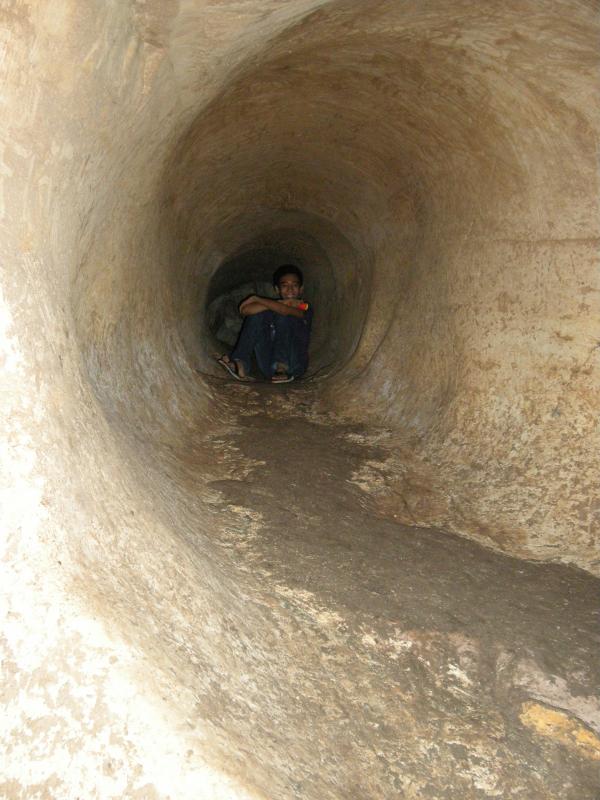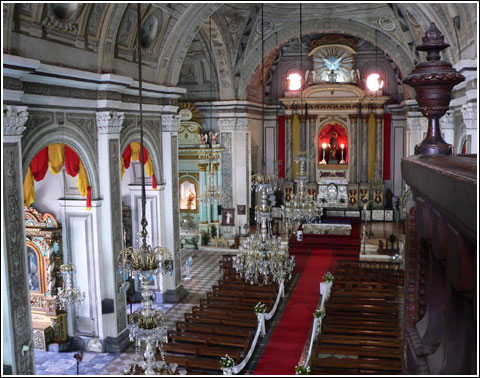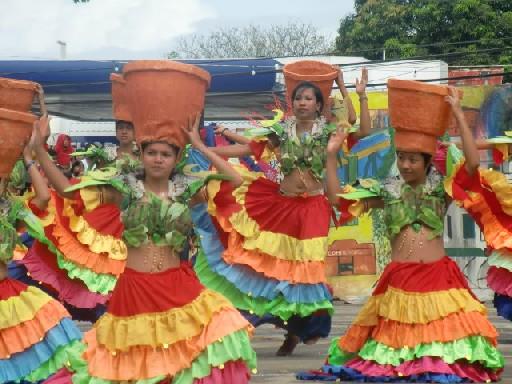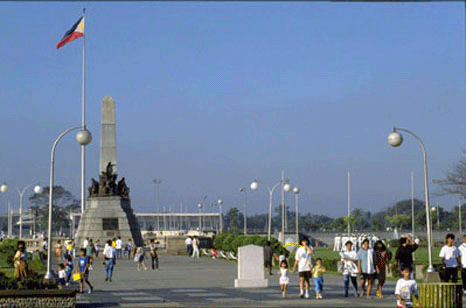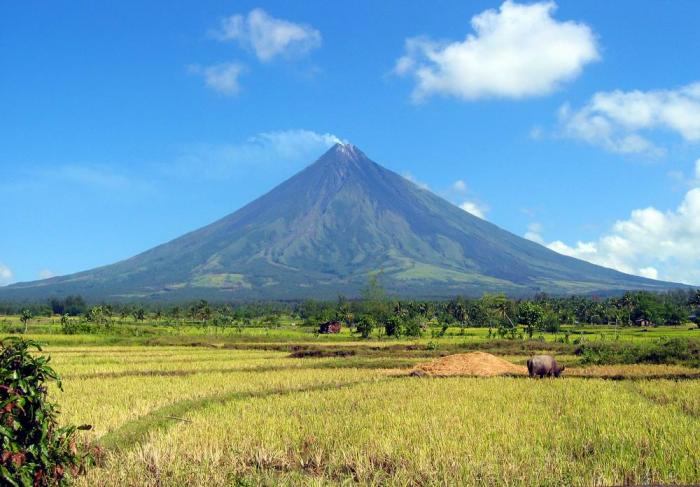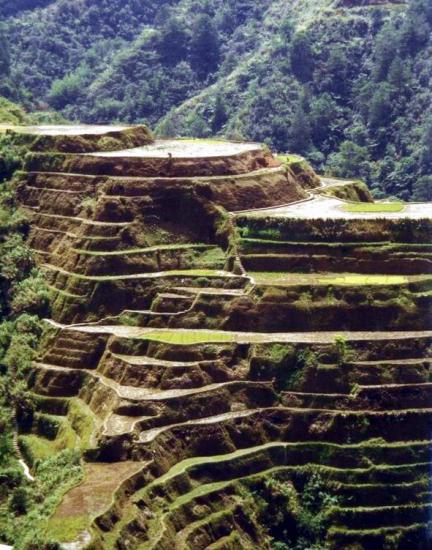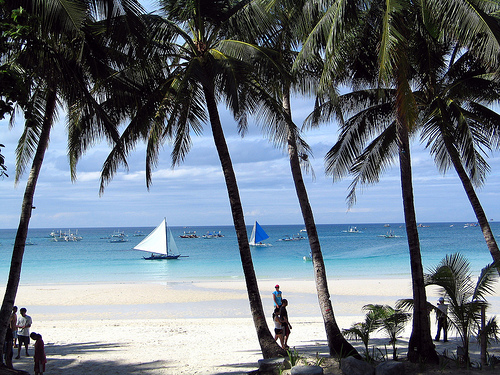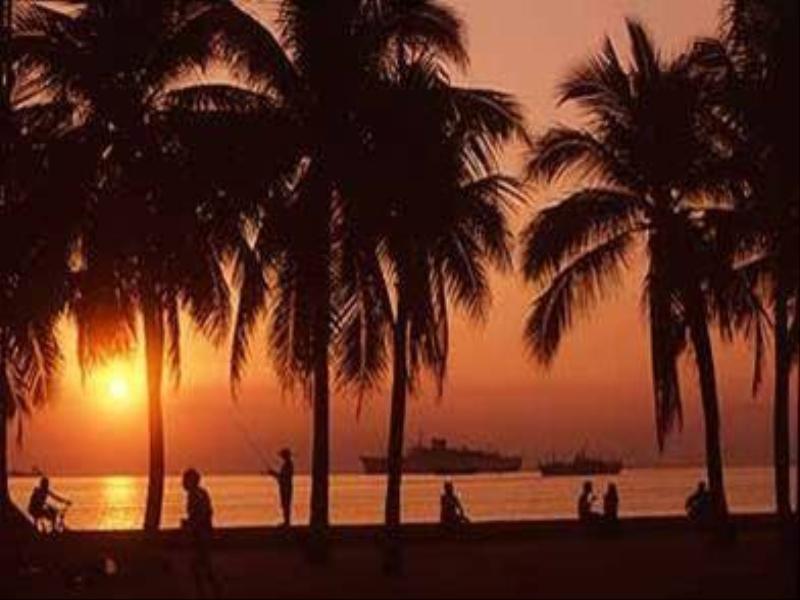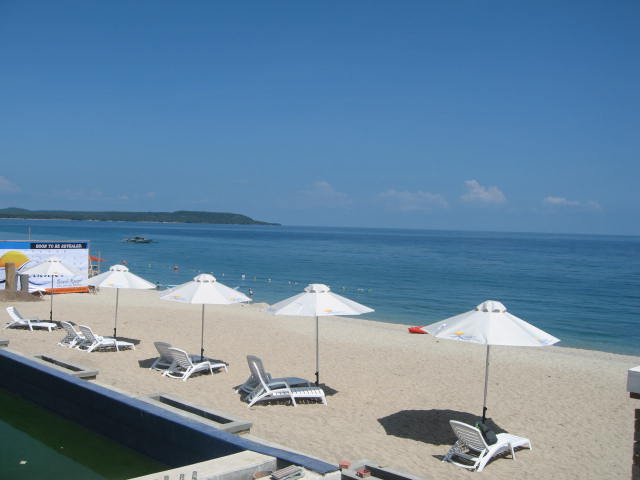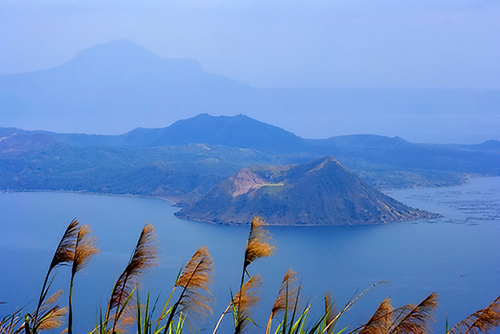Posts Tagged ‘Anawangin Cove’
ANAWANGIN COVE
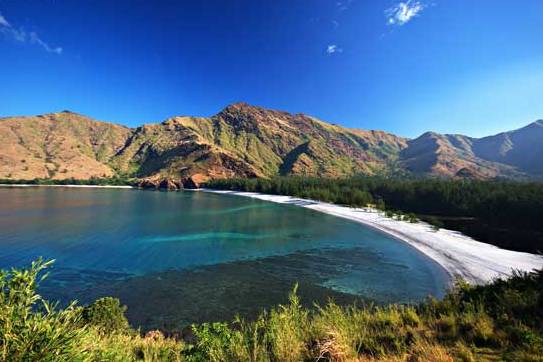 Photo from: 365greatpinoystuff.wordpress.com
Photo from: 365greatpinoystuff.wordpress.com
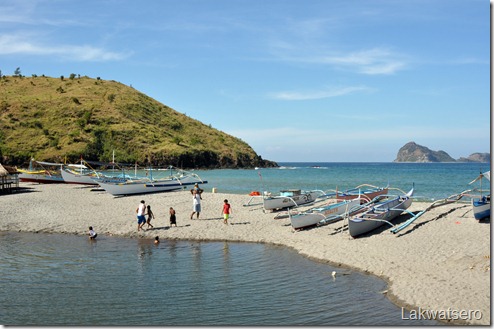 Photo from: lakwatsero.wordpress.com
Photo from: lakwatsero.wordpress.com
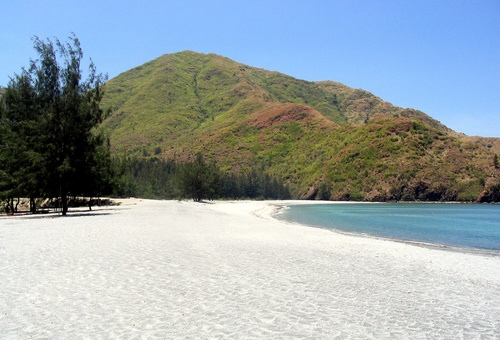 Photo from: ourfiesta.blogspot.com
Photo from: ourfiesta.blogspot.com
Anawangin Cove in Zambales, Philippines is a popular destination for camping and beach outings. A perfect location if you just want to get close to the nature or just need a quiet place to unwind and relax. Anawangin offers a lot of adventure activities for a camping travel itinerary.
Anawangin is a crescent-shaped cove lined with pine trees on its shore which gives it a different impression compared to the other tropical beach resorts in the country which are mostly lined with coconut trees. The sand is white and soft with a mixture of volcanic ashes from the last eruption of Mt. Pinatubo. The cove is complimented by the surrounding mountain rocks giving it a picturesque and poster-perfect view especially when the sunset is giving-off an orange glow that reflects to the mountain curves.
How to Get There
Anawangin Cove is located in San Antonio, Zambales, Philippines. You can take public buses from Manila to Iba, Zambales which will consume approximately 6 hours. If you prefer to travel by car, the trip will only take around 4 hours via SCTex. Upon reaching San Antonio, a 10-20 minute tricycle ride is necessary to take you to Pundaquit (a.k.a Pundakit), the jump-off point to Anawangin Cove and the nearby beaches. From Pundaquit to Anawangin, you’ll need to take a 45-minute boat ride.
Best Times to Go
The best time to go to Anawangin Cove is during the month of January and February. It is the time when it is not too crowded and the climate is not too hot yet not that rainy and the waves are calm. December to June are the regular travel months here. – e-philippines.com.ph
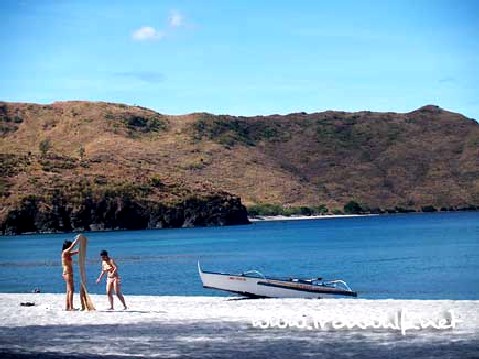 Photo from: ironwulf.net
Photo from: ironwulf.net
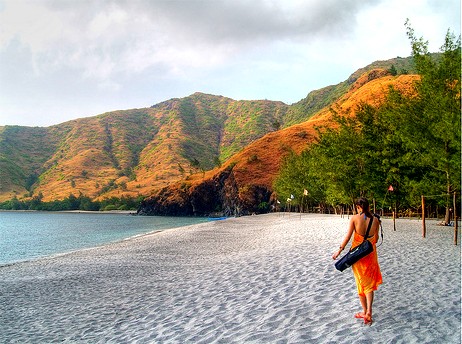 Photo from: flickrhivemind.net
Photo from: flickrhivemind.net
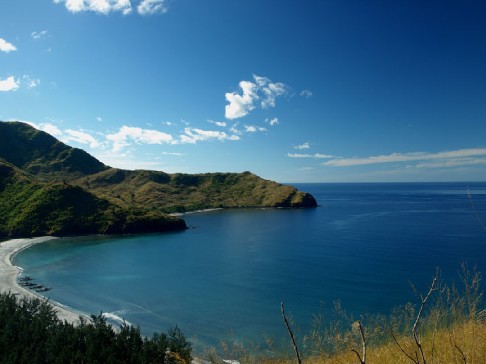 Photo from: trekearth.com
Photo from: trekearth.com
The Anawangin Cove is by far the most popular destination for campers and beach goers alike. Just the mention of the name Zambales will ring a bell for those who have gone to the cove that a trip to Pundaquit is never complete without feeling Anawangin’s mixture of volcanic ash and white sand beneath your feet.
Anawangin is the nearest cove from the town proper of Pundaquit. It also is currently the most visited and developed among its neighboring coves. Owned by a local family who also lives in Pundaquit, they make sure that the place is well maintained and the shores are regularly cleaned by it’s caretakers.
It is unfortunate that structures such as cement houses or buildings can’t be built behind its shores, due to the fact that seasonal rain and monsoon softens the ground beneath it and waves brought about by the typhoons can easily reach the main campsite. Also, a stream flows from the mountains and through its banks during the rainy season.
Anawangin is surrounded by mountains of rocks theoretically known to be formed by ages of volcanic activities in the past. But the most surprising phenomenon which has occurred in the past years were the growth of pine trees just behind the banks of the cove. The seeds were brought there by the memorable eruption Mt Pinatubo together with the ash fall.
Entrance to the developed and guarded side of Anawangin is not free. This is the left side when you are facing the cove. The owner has made a business out of it by charging visitors a fee of P50 per head for a day trip and P150 for an overnight stay. This is a small fee to ask for people who wants to stay and make use of their manual freshwater pump (poso or artesian well) and also serves as income for the caretakers.
It is unfortunate that structures such as cement houses or buildings can’t be built behind its shores, due to the fact that seasonal rain and monsoon softens the ground beneath it and waves brought about by the typhoons can easily reach the main campsite. Also, a stream flows from the mountains and through it’s banks during the rainy season. – pundaquit.com
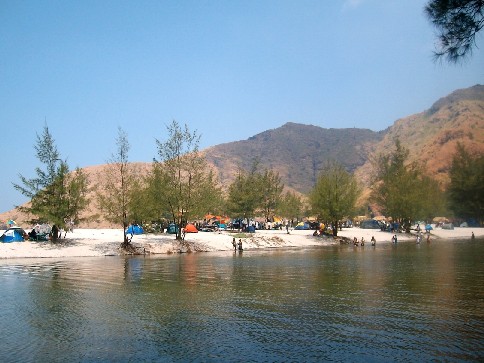 Photo from: jlatun.wordpress.com
Photo from: jlatun.wordpress.com
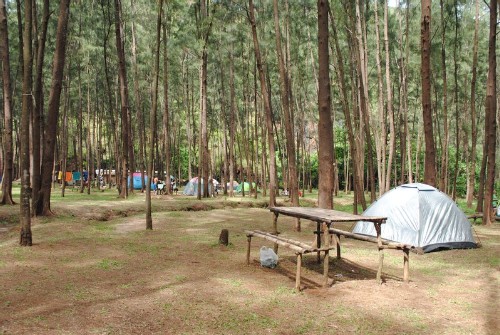 Photo from: travelblog.org
Photo from: travelblog.org
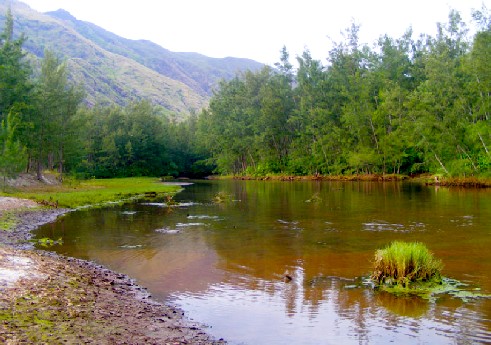 Photo from: panoramio.com
Photo from: panoramio.com
Watch the Videos:
TABLE OF CONTENTS
The Sweet Mango Province of Zambales
Interesting Places in Zambales
Colorful Festivals in Zambales

